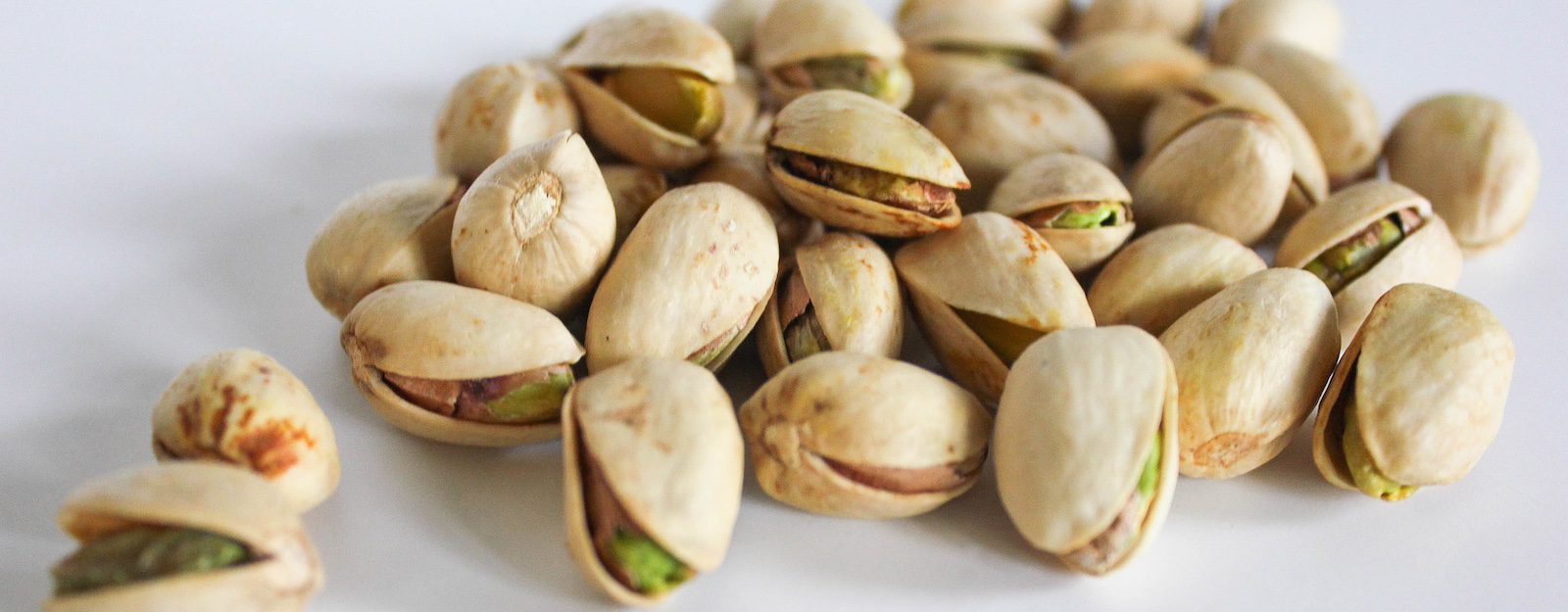What and when you eat can play a big role in your ability to fall asleep and stay asleep. For example, eating a large meal that’s high in fat and refined carbs can make you sleepy. But a big meal can also cause your blood sugar and insulin levels to spike, which can lead to a crash that wakes you up in the middle of the night. Fasting, or not eating enough, can also disrupt your sleep.
Ideally, on a day-to-day basis, aim for balanced meals that are rich in fiber and complex carbohydrates to optimize your sleep. In addition, regular mealtimes and consistently balanced meals can help regulate your body’s circadian rhythms, which supports healthy sleep.
Here’s what to eat and what to avoid to promote a more restful night:
Foods to Consume
High fiber foods
Research shows that a fiber-rich diet improves sleep. A high-fiber diet is also linked to many health benefits, including reduced chronic disease rates. High-fiber foods include vegetables, fruits, legumes, whole grains, nuts, and seeds.
Melatonin precursors
Melatonin precursors are a natural way to boost your body’s levels of melatonin, a hormone linked to improved sleep quality. Tart cherry juice, for example, is a good source of natural melatonin precursors. It’s also a potent anti-inflammatory food. More foods to help you sleep:
- Kiwi
- Pistachios
- Almonds
- Bananas
- Dates
- Walnuts
- Tomatoes
Foods high in tryptophan
Your body cannot make tryptophan, so you must consume it from food. Tryptophan is used to make serotonin and, in turn, melatonin. That’s why studies have shown that foods high in tryptophan can help you fall asleep. Examples include:
- Nuts
- Seeds
- Bananas
- Oatmeal
- Whole grains
- Kiwi
- Beans
Magnesium-rich foods
Studies suggest that low magnesium diets are linked to inadequate sleep or more night-time wakefulness. Meanwhile, diets with adequate magnesium are associated with sufficient sleep. Foods that provide magnesium include:
- Nuts
- Seeds
- Greens
- Whole grains
Sleep-promoting tea
Chamomile tea contains a phytonutrient called apigenin, known to help the body’s natural sleep and hormone cycles and it’s caffeine-free.
Foods to Limit
Caffeinated beverages within 10-12 hours of bedtime
On average, caffeine lasts in your system for 10-12 hours, which means you should time your consumption to finish 12 hours before you want to be in bed. However, some people process caffeine at a different rate based on their genetic variants. To understand more about your body’s response to caffeine, contact Love.Life about nutrigenomics testing. The results of this genetic test may offer further information about how to maximize your sleep length and quality.
Foods with high saturated fat content
Research shows that consuming high-saturated fat and low-fiber foods leads to less deep sleep and more nighttime awakenings. High-saturated fat foods include fried foods, dairy products, baked goods, and processed meats. Overall, many animal products are high in saturated fat while plants are high in fiber, so eating more plants is a smart way to optimize your sleep.
Protein and fat sources
Foods high in protein and/or fat, especially animal products, take longer to digest and can cause nighttime awakenings, particularly when consumed shortly before bed. These include meats, such as chicken, beef, or pork, and dairy products, like ice cream and cheese.
Refined carbohydrates and sugar
Studies have linked high sugar intake to waking up during the night. For optimal sleep, minimize refined sugar and incorporate fiber-rich carbohydrates throughout the day.

